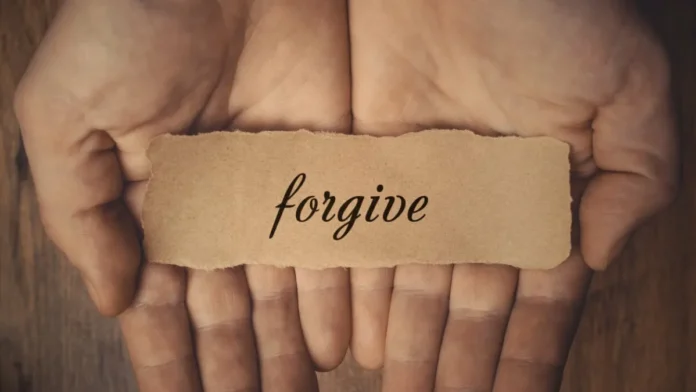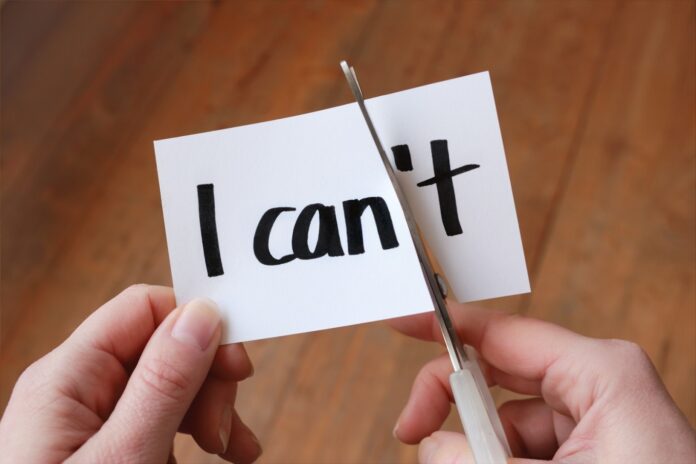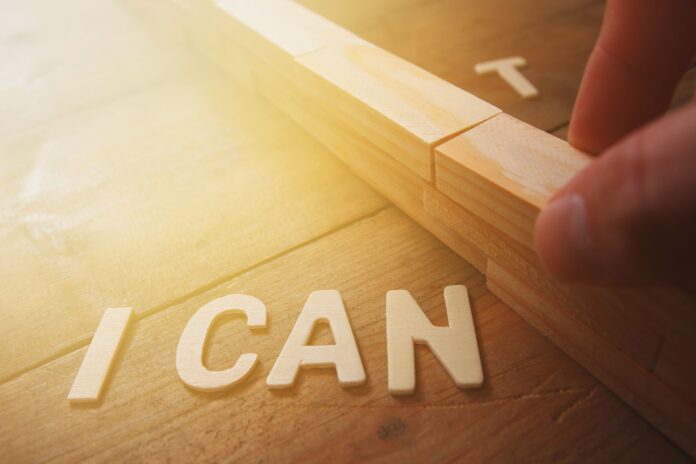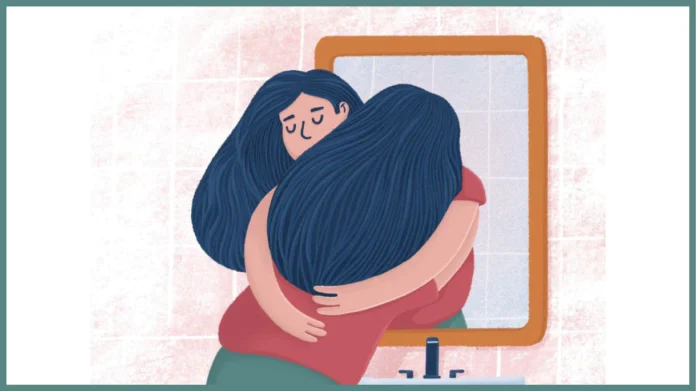Coming to peace with someone who’s done something bad to you can be quite difficult, and the task doesn’t get easier when it’s yourself who you need to forgive. Forgiveness requires understanding, kindness, empathy, and compassion. Besides, you should make sure that forgiveness is your choice.
Although forgiving yourself might be difficult, it can be done. You just need to learn how to forgive yourself once, and then you’ll be able to follow the same steps in a different situation, no matter how significant or insignificant your mistake is.
What Self-Forgiveness Is
Self-forgiveness implies intentionally letting go of your feelings of anger, frustration, and resentment aimed at someone who you believe has done something wrong. While forgiveness, in general, might be difficult to master for many, some people find it particularly difficult to forgive themselves.
First, if you’re too self-critical, it might be easier for you to feel empathy and compassion for others. Secondly, sometimes people may also feel guilty for no reason, and in this case, self-forgiveness requires a person to address the underlying reasons for unhealthy guilt.

How to Forgive Yourself?
Let’s first mention that self-forgiveness doesn’t mean that you should ignore your wrongdoings. Whether you forgive yourself or someone else, that never implies condoning the behavior that causes harm.
Forgiveness means accepting the fact that such behavior took place and its consequences while also being willing to move on, without ruminating over what happened. When it comes to self-forgiveness, that means that you should also stop negative self-talk.
A licensed therapist can help you overcome this and many other symptoms of unhealthy guilt, and they can also help you figure out what stops you from forgiving yourself. If self-forgiveness becomes too difficult of a task for you, don’t hesitate to use platforms for online therapy. This way, you can get professional help without commuting to a therapist’s office.
Here are also some self-help tips that might make forgiving yourself easier.
1. Decide to forgive yourself
The path to forgiveness is not an easy one, and it takes commitment. Before we can even get into the nitty-gritty of what you need for your journey towards healing and becoming self-compassionate, you should think of a few important things.
First, you deserve this. Everyone deserves forgiveness. Secondly, you can forgive yourself because that doesn’t mean giving up on yourself entirely. Moreover, you need to forgive yourself to be able to move on, improve, and grow.
There will still be plenty more times where self-blame comes naturally (and maybe even some periods when nothing seems right). However, don’t forget — no matter how hard things seem now — such periods are just temporary, and you will be able to see the situation clearer later.
You deserve peace and sticking to guilt will not give you that. You don’t need that weight of guilt on your shoulders because it will only slow down your self-improvement. You’re more than your mistakes.
Life can be hard sometimes, but if you want it to get better, your past mistakes shouldn’t affect your self-confidence and motivation. Besides, to enjoy your life, you should be healthy enough both physically and mentally. Sometimes, it means letting go of some old wounds or hurtful memories.

2. Know that punishing yourself is not a form of redemption
Sometimes, people think that torturing themselves with negative and self-blaming thoughts is sort of a way of making amends. It’s easy to see self-blame as punishment for certain mistakes, but in reality, this type of thinking might only do more harm.
What starts out as pain may become worse and worse because of resentment, frustration, and many other negative emotions. As a result, you may feel much worse, but self-punishment won’t actually fix the problem. You should realize that it won’t make any difference, and if you want to make a difference, self-forgiveness is necessary.
3. Make sure to do everything you can
There is some satisfaction in knowing that you have looked over every possible option and crossed off something. However, sometimes, accidents happen, and that doesn’t mean that you failed. Don’t blame yourself for not changing something that you couldn’t change.
However, you can still make sure to do everything you can so that you won’t blame yourself for not doing it. Finally, if you’ve done something wrong, you should face the consequences of your mistakes at some point in life. It’s important that you learn from your errors and move on, because those who don’t just keep making them over and over again.
Unfortunately, people often repeat their mistakes. How can you make sure that this doesn’t happen? If you take responsibility for your mistakes and decide to take every step to grow, you will succeed at turning an unfortunate event into something that can improve your life and the lives of those around you.

4. See the goodness in yourself
We are so hard on ourselves when we make mistakes. The truth is, you will do good things and mess up sometimes in your life — there’s no other way around it. So, why let one bad choice impact all the great work that has been done? You are more than your mistakes. No matter what happened, you need to forgive yourself for any wrongdoings of the past.
5. Remember that you’re human
Human beings are not perfect. You cannot be 100% reliable, no matter how hard you try. It’s impossible not to make any mistakes at all. Even when things don’t go exactly as planned or if something happens not on purpose, you can take responsibility for choosing whether these events define who you truly are.
Life can be an unpredictable experience. Even the most well-laid plans collapse sometimes and it’s important to know when you don’t need to suffer so much because something has gone wrong in your life.

Final Thoughts
It’s important to learn to forgive yourself because prolonged self-blame can lead to anxiety, depression, low self-esteem, and many other problems. A person with low self-esteem may often put other people’s interests first because they don’t feel like their needs and interests matter.
Don’t hesitate to try self-esteem therapy. Licensed therapists can also help you overcome depression, anxiety, and other mental health disorders that often accompany the unhealthy feeling of guilt. With online therapy platforms like Calmerry, you can learn to love yourself from the comfort of your home.









